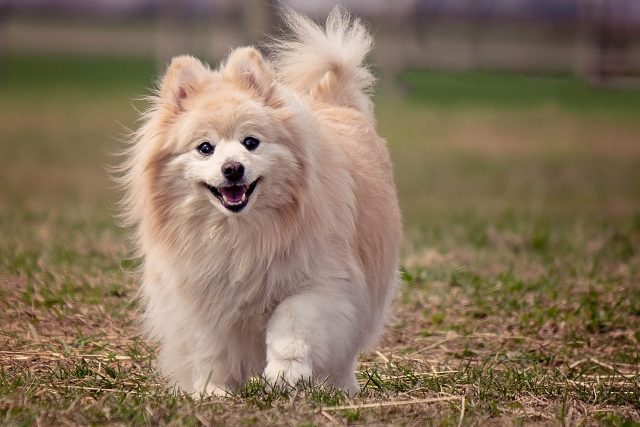DEAR PET TALK: Why do cats hiss? -Logan Thornton, Mr. Wironen’s 4th grade, Reingold Elementary School, Fitchburg
DEAR LOGAN: Great question – and it’s definitely not because they’re happy. Hissing is a way for felines to express fear, especially when they are startled. Other signs of showing fear are flattened ears, curled tongue, fangs displayed, back arched, and raised fur on their tail and body.
A cat may respond to a new pet in the home by hissing – that’s a clue to give them both space. Cats hiss to establish territory if they feel threatened. Mother cats will hiss at their kittens if they put themselves in danger, or are too frisky with mama. A cat may hiss when you try to clip nails, maneuver them into a carrier for a trip to the vet, or don’t like the sound of the vacuum or blender. They may also hiss at another cat if they are playing – and the playing gets rough.
Growling may accompany hissing, and cats may hiss at another cat, a dog, or a human. But cats aren’t the only creatures who hiss. Geese will hiss, as will humans, and let’s not forget snakes! Some scientists theorize that cats learned hissing from snakes, and some species of snakes – such as the King Cobra – will also growl!
When your cat hisses, give them some distance, and if there is an antagonist, remove them from the scene. Then give kitty a little bit of time. If the two cats in your home are hissing at one another regularly, speak to your vet as there may be health concerns, such as stress or anxiety.
Cats who are stressed can benefit from the following: more interactive play with toys, catnip, boxes to hide in, cat trees or a bird feeder in the window. Think about accustoming your cat to wearing a collar and leash to go outside for some nature-play.
Sally Cragin is the director of Be PAWSitive: Therapy Pets and Community Education. Visit us on Facebook and call/text questions to 978-320-1335









